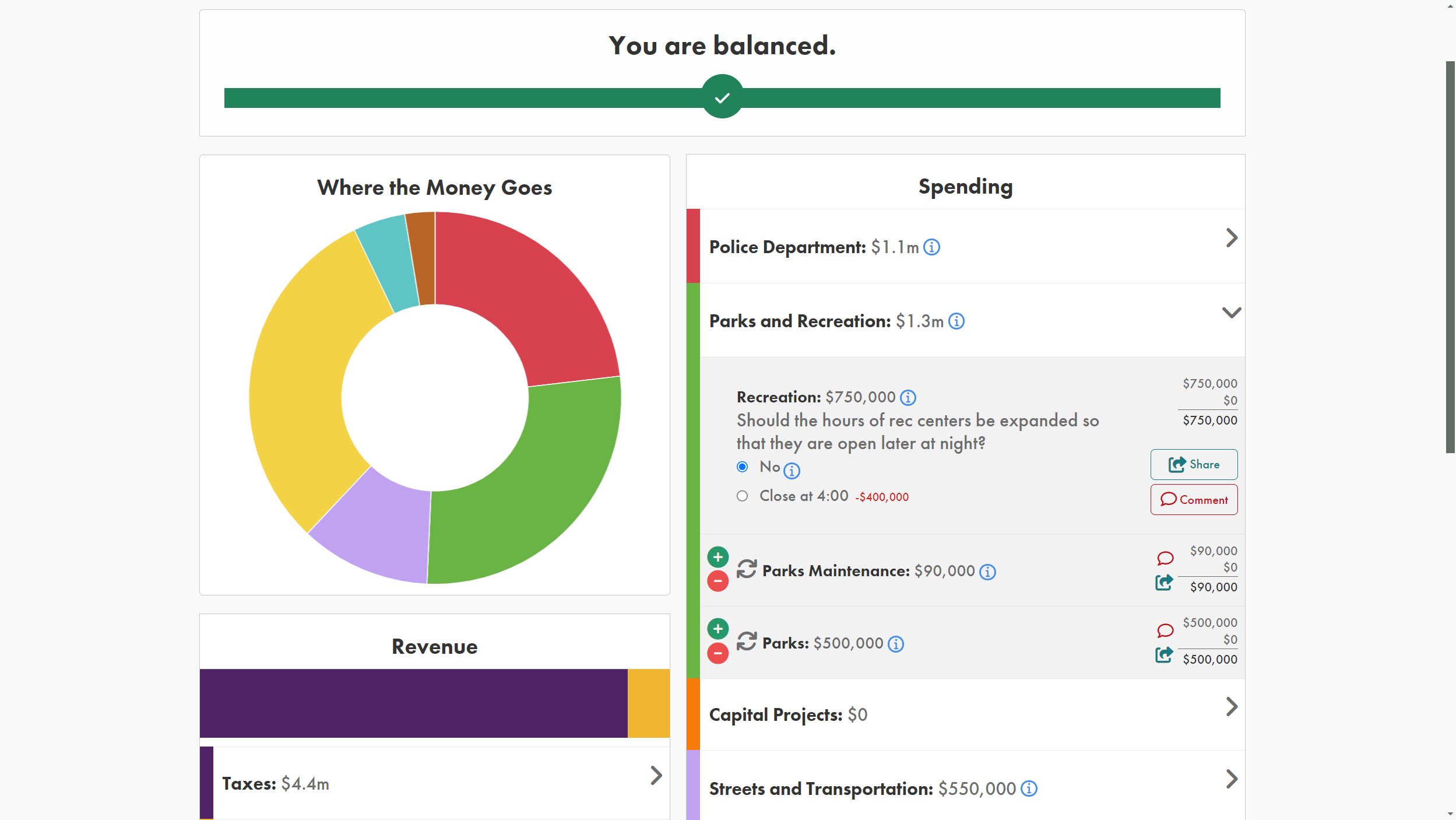How Tribe Blinds Even the Best to Truth
By NRC on April 22, 2016

-by Thomas I Miller-
Many Republicans are certain that global warming comes not from human activity but from solar or other natural cycles. Many Democrats are convinced that global climate change is the result of humans. Most of us are not so scientifically astute that we can evaluate the data ourselves, so we tend to rely on the pronouncements of the spokespeople of the party to which we align most closely. That seems forgivable.
Curiously, this tribal tendency to huddle around preferred convictions of the group even extends to instances in which disputed conditions are less complex than climate change. For example, while government data have shown that more Mexicans left the U.S. than entered it between 2009 and 2014, the majority of Republicans don’t believe that according to a survey by Greenville and Carville (Feb 29, 2016, p.4). Likewise, most Democrats don’t buy into statistics indicating that the unemployment rate declined during the Reagan administration.
One study that raises the ante on Americans’ allegiance to party over fact comes from a Yale professor, Dan Kahan and his colleagues, who found that the smartest folks from both political persuasions become especially dumb when confronted with results that fail to confirm their party’s perspective.
When the numbers they confronted were about the effects of face cream on skin rashes, the math wise folks of both parties did the best job of figuring out the meaning of the raw data. But when study participants were told that the same numbers were about the effects of gun control, suddenly the math mavens on the political right could not properly calculate data showing that gun control reduced gun violence, and the smarties on the left could not figure correctly when the data demonstrated that gun control increased gun violence.
It was as if, to paraphrase Kahan, et al., the political conflict implicit in the data disabled the cognitive faculties that make sense of decision-relevant data in even the smartest members of the public.
So the study tells us that consensus on scientific data won’t come just by better educating the public. Something in even the smartest folks gets unhinged by the dissonance between the data and their political predilections. That “something” is what behavioral economist Daniel Kahneman called System 2 Thinking, which I have described as “the judicious parent of your family of cognitive functions.”
Those of us arguing that data influences decisions will have to come to grips not only with the truth that “a man hears what he wants to hear,” but that when even smart men and women encounter what they don’t want to face, they are likely to be unable to come to an accurate data-defined decision.
What’s a society to do if we can’t count on education alone to build a platform on which everyone can stand to see the same horizon? Achieving agreement on the facts depends on what motivates capable people to deny data that disconfirm their party position. Because renouncing basic tenets of one’s political party can result in censure of the defector, Kahan and others argue we can return to reasoned answers by isolating the data-influenced decision makers from party enforcers.
Creating a safe place for contrary conclusions requires cultivating an “environment protected from the entanglement of cultural meanings” (Kahan, et al.) It is hard to imagine what this cultural clean room would look like in political deliberations whether local, state or federal.
Still, it is good to know that in the Kahan experiment, not all math whizzes went blank when confronted with disconfirming data. Some of them took the news well and correctly interpreted the data that they simply did not want to believe. Let’s find those smart party mavericks, get them creditable data and enlist them to help spread controversial truths.
Related Articles
Popular posts
Sign-up for Updates
You May Also Like
These Related Stories

Mayors Agree: Data Transparency Builds Trust, Drives Results

The Future of Public Trust is Transparent Math

